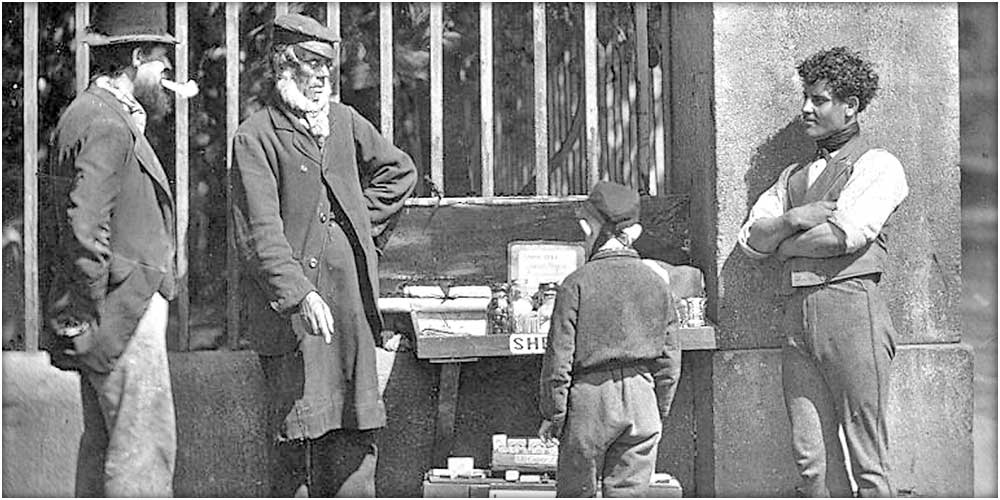Money and fame are not the most important: Sania Mirza reflects on vital life lessons from tennis
- 20 Apr - 26 Apr, 2024
For everything that's changed in the decades since the rule of Queen Victoria, there's one thing that definitely hasn't changed: there are still strange things that happen today, just in different ways, perhaps. Here are some of the weirdest, strangest practices from the Victorian Era that you never knew about.

Death photography
The Victorians were obsessed with death. May be it makes sense when you consider the number of diseases that stalked Victorians – measles, scarlet fever, diphtheria, rubella, typhus and cholera. It led to people keeping memento mori (Latin for "remember you must die") trinkets, like locks of hair and photos of the dead. This gave rise to the seriously creepy trend of death photography. The photographs were staged with not just the deceased, but their parents or siblings, sometimes posing as if everyone was still alive. Children sat with their dead parent, and parents held their dead children. Some photos even show faces with open eyes.
Child emigrations
According to some estimates, there were around 30,000 children living on the London streets during 1869. Wealthy philanthropists took up the cause, including Miss Annie Macpherson who set up schools to teach the kids useful skills, but the problem soon became overwhelming. So she changed gears and became a champion of the disturbing practice of emigration: kids as young as five years old were shipped overseas to British colonies. Many ended up labouring as farm help or working as domestic servants.
Insane asylum
The population of the country's insane asylums skyrocketed through the 19th century. Apparently, most of the patients fell under three labels: the manic, the melancholic, and those with dementia. The symptoms of those diagnosed with the Big Three varied, and they weren't the only messed up reasons you could be committed – nor was England the only place of this kind. West Virginia's Trans-Allegheny Lunatic Asylum's list of reasons patients were admitted between 1864 and 1889 includes offenses like laziness, novel reading, superstition, an immoral life, and intemperance.

COMMENTS